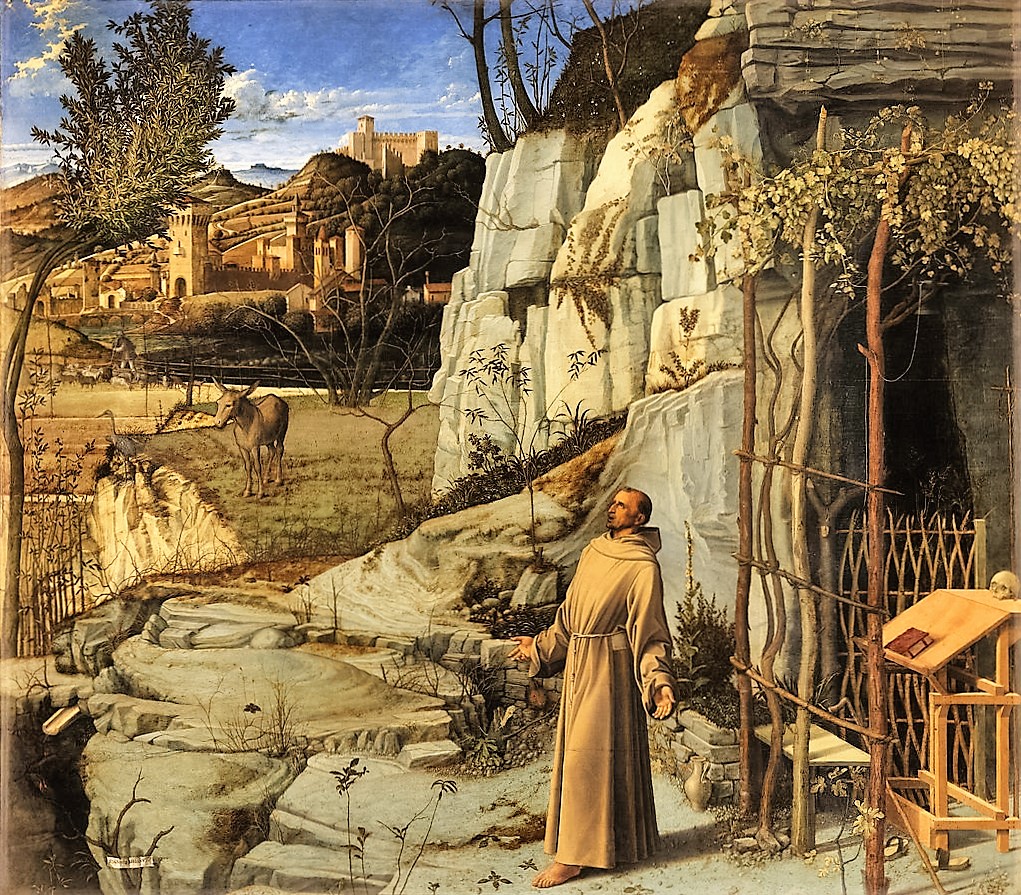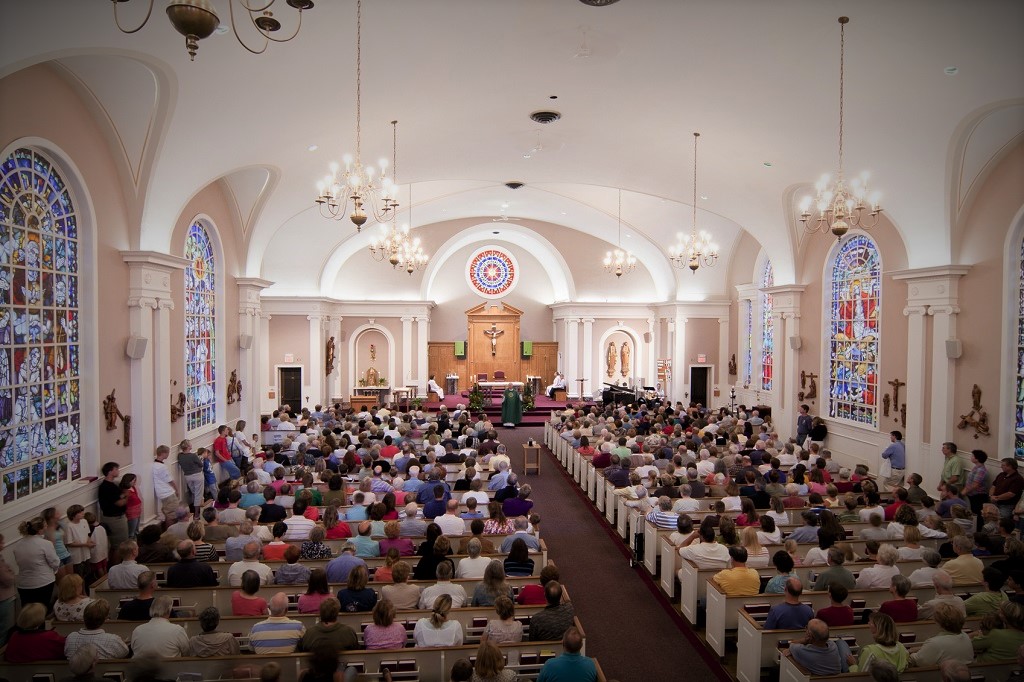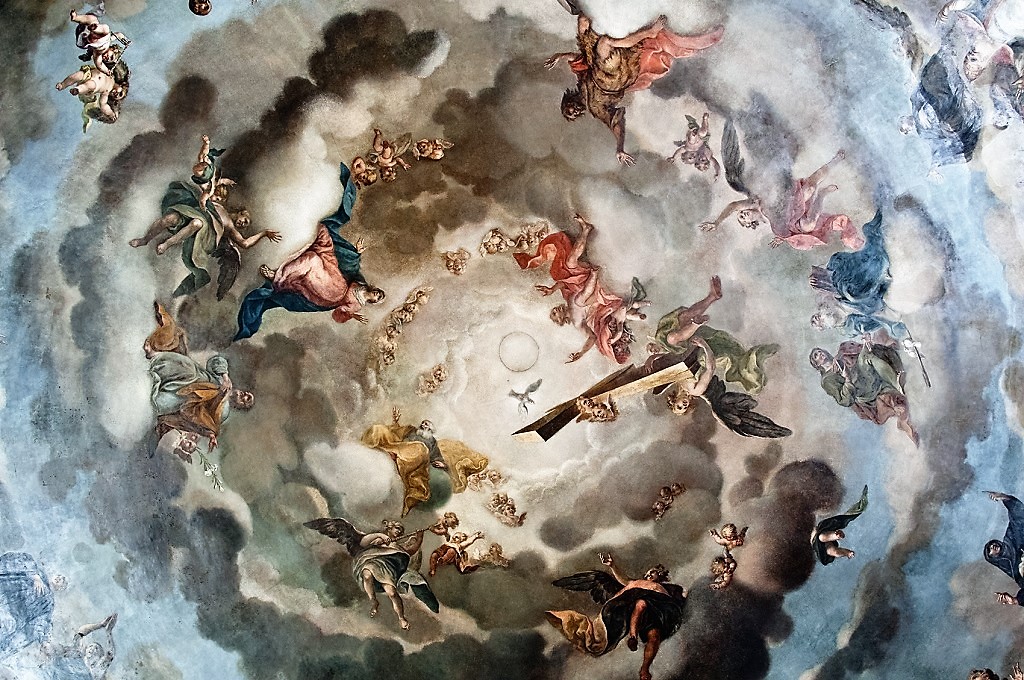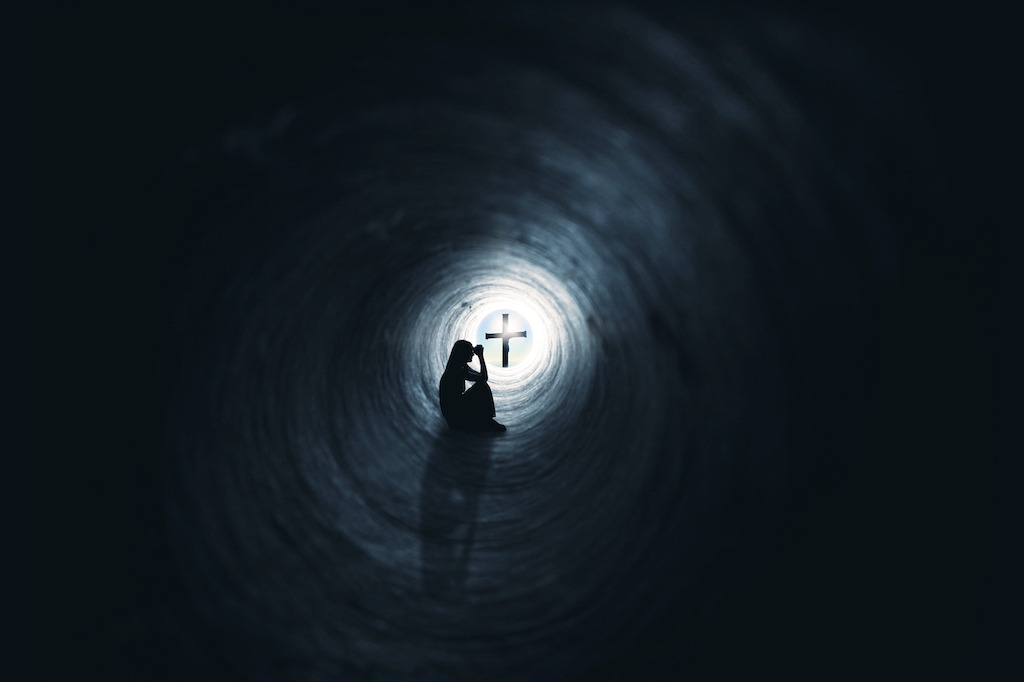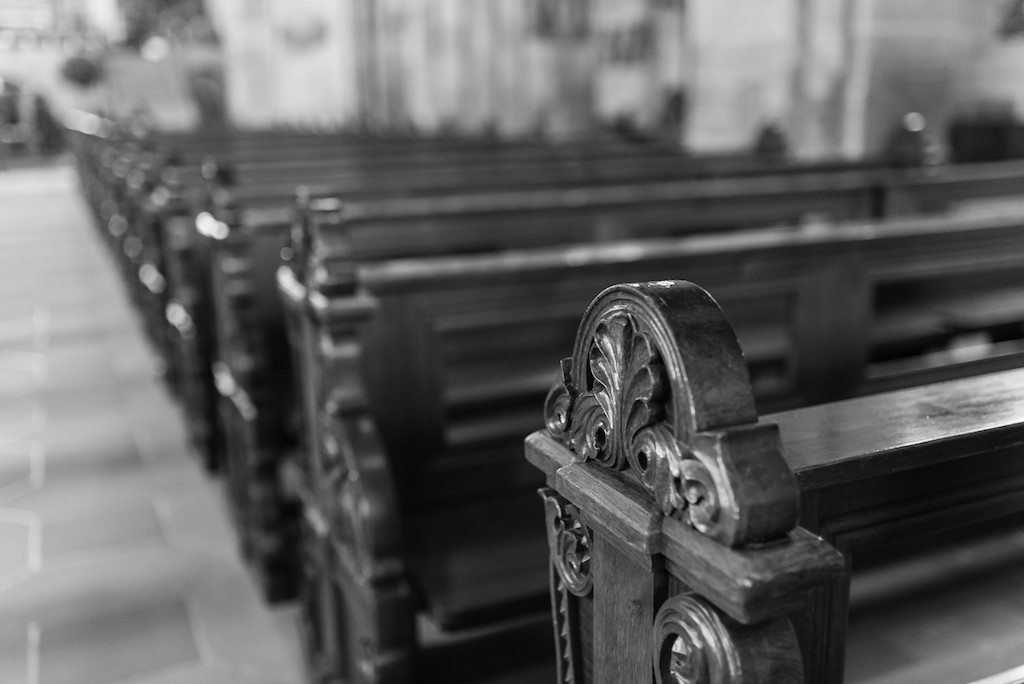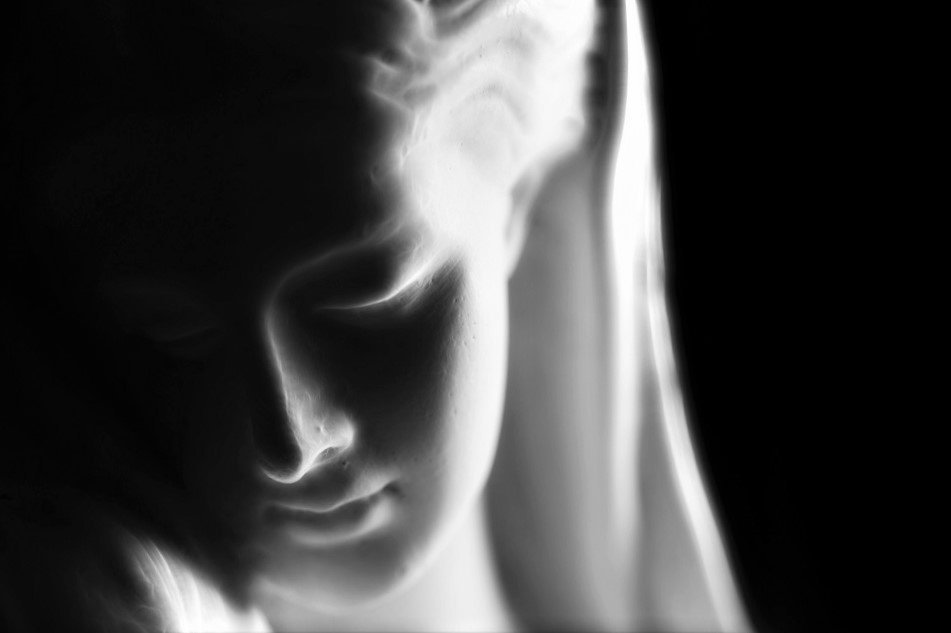If this doesn’t happen to you, it likely happens to someone close to you: their brain buzzes. It won’t shut off. Maybe they skip from project to project, never quite getting anything done. Or you lay down at night to sleep, and suddenly every single thought you’ve had for the past three days starts firing off neurons like a pinball wizard. Our days are filled with information from computers and tablets and phones. We meet a friend for dinner and there are 17 TVs in the restaurant showing 12 different stations. Your feet hit the floor in the morning and you’re already planning for a 3 p.m. meeting.
Brain buzz.
Be still before the LORD; wait for him. (Ps. 37:7)
How can I be still?? I’ve got work, and soccer practice. I’m the snack mom for the game this week. My daughter has ballet.
My boss is breathing down my neck about this project. I’ve got men’s Bible study this week, and I’m the discussion leader. I haven’t even had a chance to crack open the book yet.
The car insurance is due. I’m having panic attacks over the election. My mom really needs my help with some things around her house. My girlfriend has been wanting to get together, and I keep putting it off – I’m so busy.
Be still before the Lord.
Yeah, but: my daughter needs help making centerpieces for her wedding in February. The dog needs to go the vet. I missed choir practice last week. I need a flu shot.
Be still.
Every time I walk in the house I remember that I have to call the contractor about that flooring for the laundry room. And don’t I still need to get a baby shower gift for ….
Be.
Yes. It is hard to switch into low gear. It’s hard to find quiet. We are so used to multi-tasking, we don’t even think of it as multi-tasking anymore; it’s just life.
But God wants us to be still. To seek out peace and calm and wait for Him. We have to push aside the brain buzz and be still. Fr. Henri Nouwen:
Sometimes we wish that we could stop thinking for a while; that would save us from so many worries, guilt feelings, and fears. Our ability to think is our greatest gift, but it is also the source of our greatest pain. Do we have to become victims of our unceasing thoughts? No, we can convert our unceasing thinking into unceasing prayer by making our inner monologue into a continuig dialogue with our God, who is the source of all love.
Let’s break out of our isolation and realize that Someone who dwells in the center of our being wants to listen with love to all the occupies and preoccupies our minds. (from Bread for the Journey)
Now, instead of brain buzz, try this:
Lord, I need to help my daughter with those wedding centerpieces. Please, Lord, bless the two of them. Give them a strong and deep love for you and each other.
Jesus, that project at work is overwhelming me. I know I need to do some delegating. Grant me wisdom so that we can finish this project well.
Heavenly Father, I’ve been putting off my girlfriend for too long. She is such a good friend and she deserves better from me. Thank you, God, for her friendship and guide us as we continue on this journey.
Maybe you won’t be able to do this all the time. Maybe brain buzz will creep back in. But, you’ve made a start. Be still for just a moment, and see what God’s presence does. Just be still, and wait for Him. He will join you wherever you are.
Find your delight in the LORD who will give you your heart’s desire. (Psalm 37:4)

